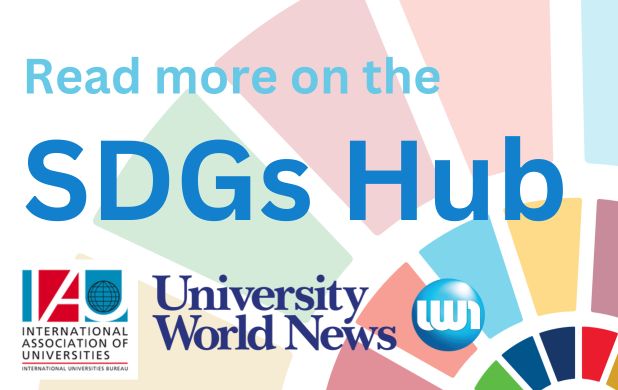The Habitable Air Project
Habitable Air is a project that addresses the under-analyzed relationship between three urgent issues: (1) the rapid growth of urban inequality; (2) the amplification of political divisions in major democracies; and (3) the increasing impact of pollution and global warming. The pilot study of the project was made possible through a grant from the Environmental Humanities research group in the Faculty of Humanities at the University of Bergen.
To achieve its objectives, the Habitable Air project adopts a comparative team-based approach, drawing on the expertise of social scientists with in-depth knowledge of the transnational regions under investigation. Through a cross-disciplinary and community-oriented approach, the project contributes to the achievement of multiple United Nations Sustainable Development Goals, particularly those focused on sustainable cities and communities (Goal 11) and climate action (Goal 13)
The project uses qualitative methods – including ethnographic participant observation and the analysis of historical archival documents – at a scale that only quantitative studies of climate change have yet achieved by working within a clear network of scientists, policymakers, workers, and residents in transnational sites. Through major publications, teaching and training, a documentary film, policy briefs, media outreach, public workshops, and an international symposium, the project produces actionable knowledge to build cooperation between the public, governments, and marginalized communities.
More Information
To learn more about the Habitable Air Project, check out their website.



